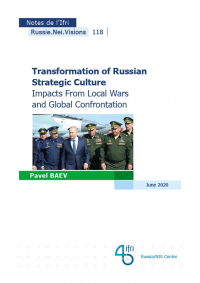By Monish Tourangbam and Neha Dwivedi
 Talking to The Hindu last week, Zamir Kabulov, Russia’s special presidential envoy for Afghanistan commented, “I believe that New Delhi’s policy of avoiding any engagement with the Taliban has had its day, especially in view of the upcoming launch of intra-Afghan talks and eventual transformation of the Taliban movement into an influential legal political force in Afghanistan.”
Talking to The Hindu last week, Zamir Kabulov, Russia’s special presidential envoy for Afghanistan commented, “I believe that New Delhi’s policy of avoiding any engagement with the Taliban has had its day, especially in view of the upcoming launch of intra-Afghan talks and eventual transformation of the Taliban movement into an influential legal political force in Afghanistan.”
The rationale for talking to the Taliban has never been the same for each of the different stakeholders engaged in Afghanistan. All have had to recalibrate and renegotiate their terms of engagement with the Taliban as the group has persisted in the country, seeming destined to be a fundamental player in how war-torn Afghanistan is governed in the near future. As the possibility of an American-led military victory appeared distant, negotiating with the Taliban became the only feasible path forward. It became even more clear when U.S. President Donald Trump unveiled his South Asia policy in 2017.
With the signing of the peace deal between the United States and the Taliban in late February, the question as to India’s engagement with, or rather estrangement from, the Taliban is being debated more intensely. As the U.S. prepares to withdraw the majority of its forces from Afghanistan by 2021, it is imperative to interrogate the new terms of engagement with the Taliban, India’s understanding of the new political and security landscape in Afghanistan, and whether India has a new playbook for a new Afghanistan.

















/cloudfront-us-east-1.images.arcpublishing.com/mco/VZVCQKL7KBDTPDFQ52W4GFXHZU.jpg)


